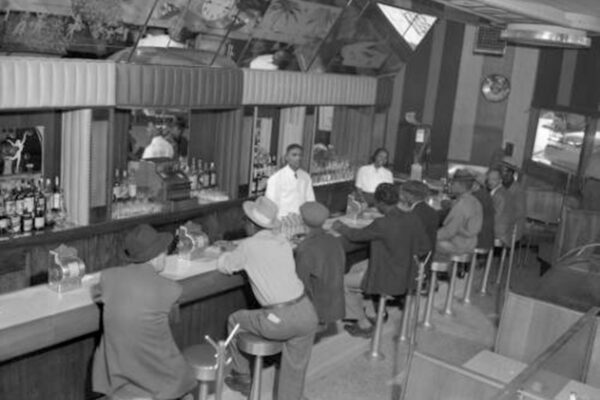This is the second year that Juneteenth is celebrated as a federal holiday. However, the Black community in Colorado has celebrated Juneteenth for a lot longer.
The Emancipation Proclamation was signed on January 1, 1863 — yet it was not immediately applied across the country. It was more than two years later, on June 19, 1865, when the Union Army arrived in Texas to declare the emancipation of enslaved people. For descendants of formerly enslaved persons, Juneteenth is our Independence Day.
Through the years when Black families and friends gathered on the Fourth of July it was traditionally for cultural reasons built around good food and camaraderie. It was not aligned with the independence of this country from the British.
On July 5, 1852, Frederick Douglass’ speech, What to the Slave is the Fourth of July?, was a clarion call to white people, both slave owners and those who were not, that the Fourth of July amplified the gross injustices toward enslaved. “What, to the American slave, is your Fourth of July? I answer; a day that reveals to him, more than all other days in the year, the gross injustice and cruelty to which he is the constant victim,” said Douglass.
Colorado has a rich history that fuels the Juneteenth celebration. Juneteenth was first celebrated in Denver in the 1950s and grew into the largest celebration of the holiday in the country. The historic Five Points neighborhood, known as “The Harlem of the West,” was the center of the celebrations. As a community created for Black people by Black people, there were Black-owned diners, stores, music venues and much more. Historically, it fostered both entrepreneurship and a community where Black families thrived. Five Points continues to be ground zero in the celebration of Juneteenth in Denver.
This year ACLU Colorado launched its three-year strategic framework, The Road Ahead, with a multi-year commitment to focus on three areas that will attack the root causes of inequity — Systemic Equality, Smart Justice, and Privacy and Liberty. In addition, everything we pursue will further one or more of our strategic imperatives: racial justice, immigrant justice, and Indigenous justice.
Juneteenth is our clarion call to people across our state. We believe that to achieve true social change, our goals and priorities must be approached through this lens: how does this advocacy, legislation or litigation move us forward to achieve long-term change, that dismantles racial and identity injustices? It is with this intentionality that the ACLU will achieve its North Star — “to make Colorado the most equitable state in our country.”
Please join the ACLU this year at three events:
- Join us on June 17 at the Denver Juneteenth Celebration
- We hope to see you in Colorado Springs at the Juneteenth Parade
- Register for a Juneteenth panel discussion hosted by our partners, End Slavery Colorado

